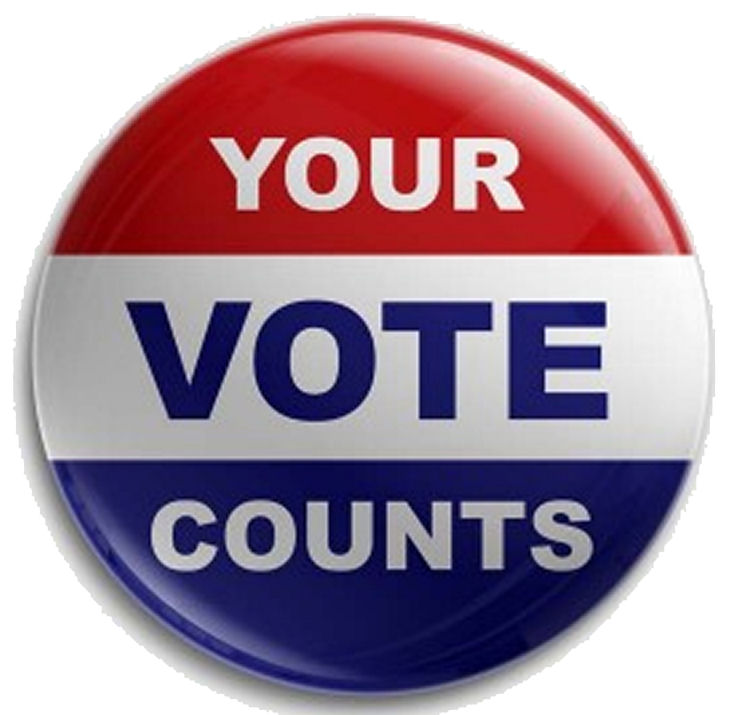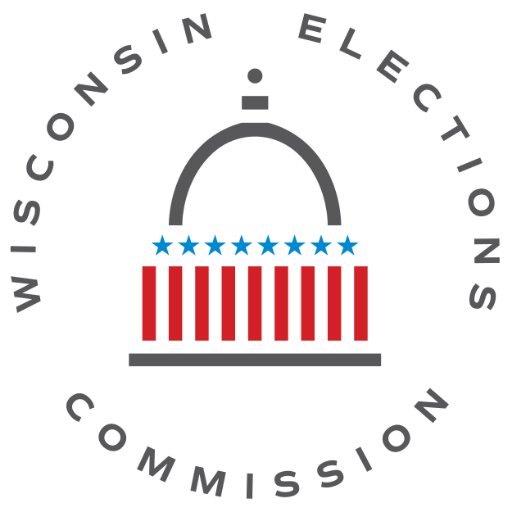Important Reminders for Voters about the April 4 Spring Election
All voters will have the opportunity to elect a Wisconsin Supreme Court Justice (uncontested) and the Superintendent of Public Instruction (contested) on Tuesday.
MADISON, WI – The Wisconsin Elections Commission reminds voters to bring an acceptable photo ID when they go to the polls for the Spring Election on Tuesday, April 4, 2017.
“Most people already have the ID they need to vote,” said Michael Haas, Wisconsin’s chief election official. “Those who don’t have a photo ID still have time to get a free one at the DMV, but they should not delay.”
Acceptable photo IDs for voting include a Wisconsin driver license or Wisconsin state ID card, Veterans Health Administration ID card, military ID card, U.S. passport, tribal ID card and some student ID cards. A full list is available at www.BringIt.Wisconsin.gov.
Haas reminds voters that the address on their photo ID does not have to match the address on the poll book. “When you show your ID, you are proving your identity, not where you live,” he said. “Voters prove their residence when they register to vote.”
What’s on the ballot?
The Commission reminds voters that they can find out what’s on their ballots by visiting the My Vote Wisconsin website: https://MyVote.WI.gov.
All voters will have the opportunity to elect a Wisconsin Supreme Court Justice (uncontested) and the Superintendent of Public Instruction (contested) on Tuesday. Voters in Wisconsin Court of Appeals Districts 1, 2 and 4 will have uncontested races for judge. There are also contested and uncontested races for circuit court judges in 28 of the 72 counties.
Finally, many voters will find elections for local school boards and municipal offices, as well as referendums, across Wisconsin.
Register or reregister at the polls.
Haas reminds voters that if they plan to register for the first time or update their registration with a change of name or address at the polls on Election Day, they must bring a proof of residence document like a utility bill, showing the voter’s current name and address.
Acceptable proof of residence documents also include a lease, bank statement, cell phone bill or other official government documents, and can be on paper or an electronic device like a smartphone or tablet. A list of acceptable documents is available at http://elections.wi.gov/publications/voter-guides/proof-of-residence. Before Election Day, you must have lived at your current address for at least 10 days to be eligible to vote, but the proof of residence document does not need to be 10 days old.
You can also register to vote before Election Day. Registration in your municipal clerk’s office takes place until 5 p.m. on the Friday before the election (March 31, 2017). Remember, you will still need to bring your proof of residence document to register.
Voters who may not be sure whether their registration is current can check their status with their municipal clerk, or on the state’s MyVote Wisconsin website https://myvote.wi.gov. My Vote Wisconsin is also a great resource to find your municipal clerk’s contact information and your polling place.
Other important reminders:
Absentee ballots must be received by Election Day. If you had an absentee ballot mailed to you, it must be received in your municipal clerk’s office by Election Day (April 4, 2017).
Don’t leave the polling place without voting. A voter may cast a provisional ballot if the voter does not have a photo ID, forgets to bring a photo ID to the polls, or if the poll workers do not accept the ID for some reason. A provisional ballot is just like a regular ballot, except that it is placed in a special envelope and is not counted unless the voter returns with an acceptable photo ID. The deadlines for fixing a provisional ballot are 8 p.m. on Election Day at the polling place or by 4 p.m. the Friday after the election in the municipal clerk’s office. Voters who left their photo ID at home can also simply retrieve it and then cast a ballot rather than casting a provisional ballot.
Leave political items at home. Voters should not wear political clothing or paraphernalia to the polling place on Election Day. The chief election inspector may ask voters to leave the polling place if they are judged to be electioneering or creating a disturbance.
The Wisconsin Elections Commission is responsible for administration and enforcement of election laws in Wisconsin. The Commission is made up of six Commissioners – four appointed directly by the State Senate Majority Leader, Speaker of the Assembly and the Minority Leaders in the State Senate and Assembly. The remaining two Commissioners are by the Governor with confirmation by the State Senate from lists of former municipal and county clerks submitted by the legislative leadership in each party.
NOTE: This press release was submitted to Urban Milwaukee and was not written by an Urban Milwaukee writer. While it is believed to be reliable, Urban Milwaukee does not guarantee its accuracy or completeness.
Mentioned in This Press Release
Recent Press Releases by Wisconsin Elections Commission
WEC Schedules Public Hearing on Proposed Administrative Rules
Dec 3rd, 2025 by Wisconsin Elections CommissionPreliminary Hearing on Proposed Rules for Voting Equipment/Ballot Security, Training of Election Inspectors and Special Voting Deputies























